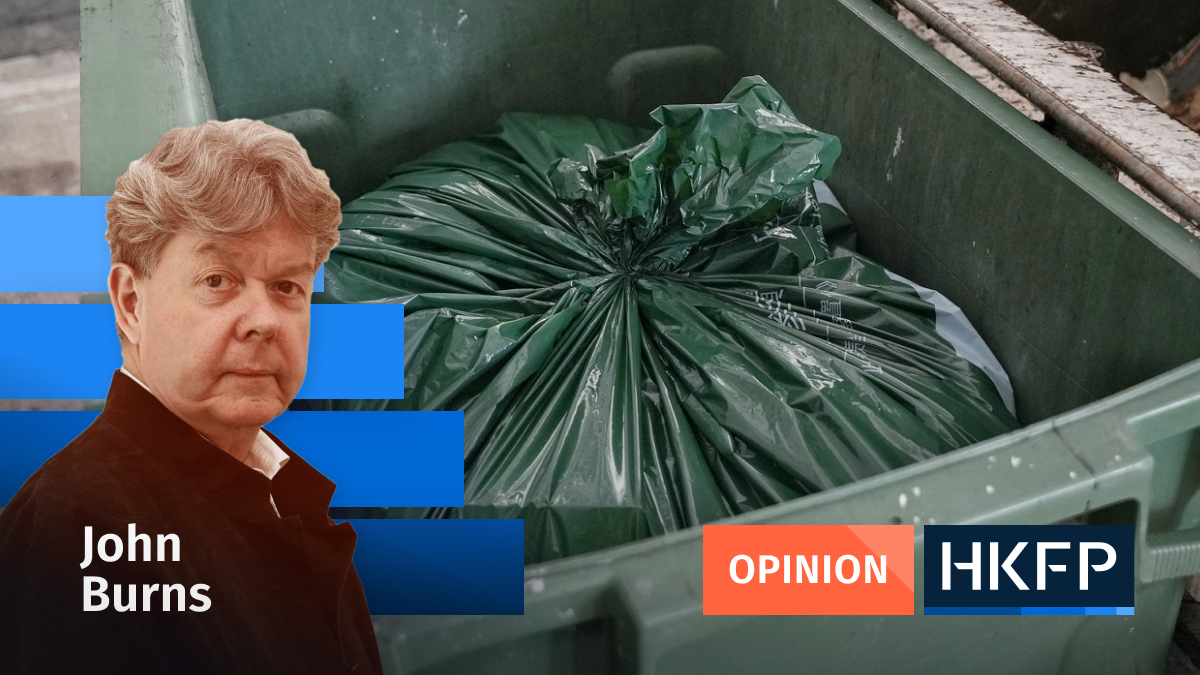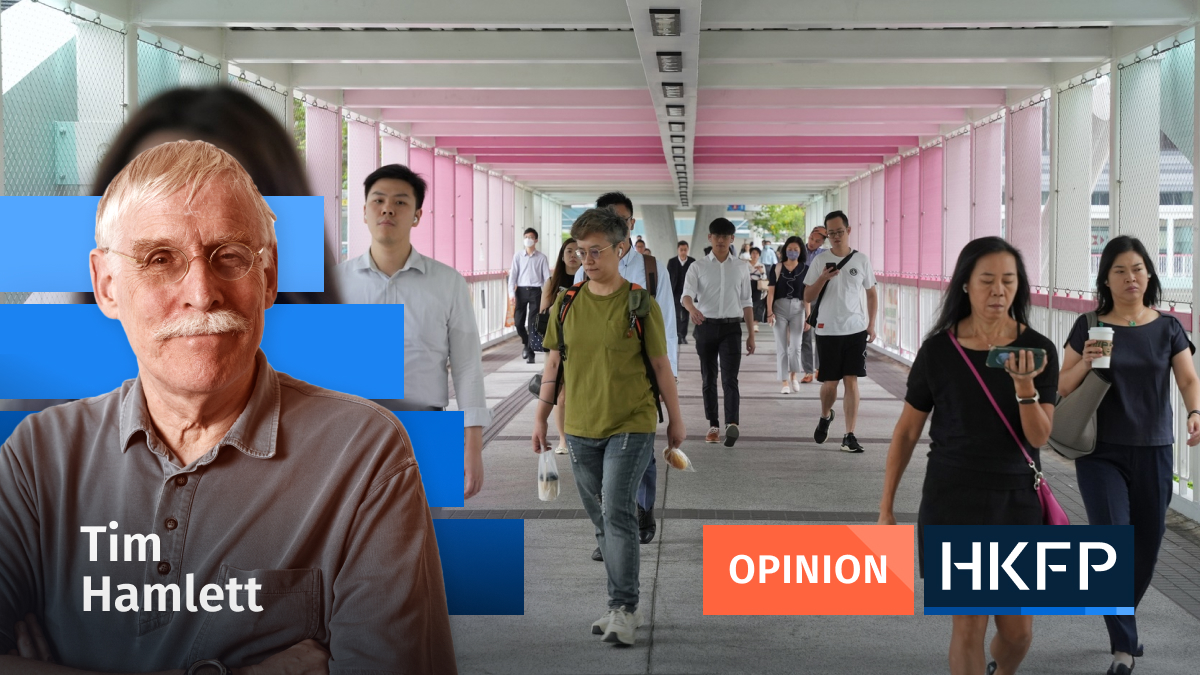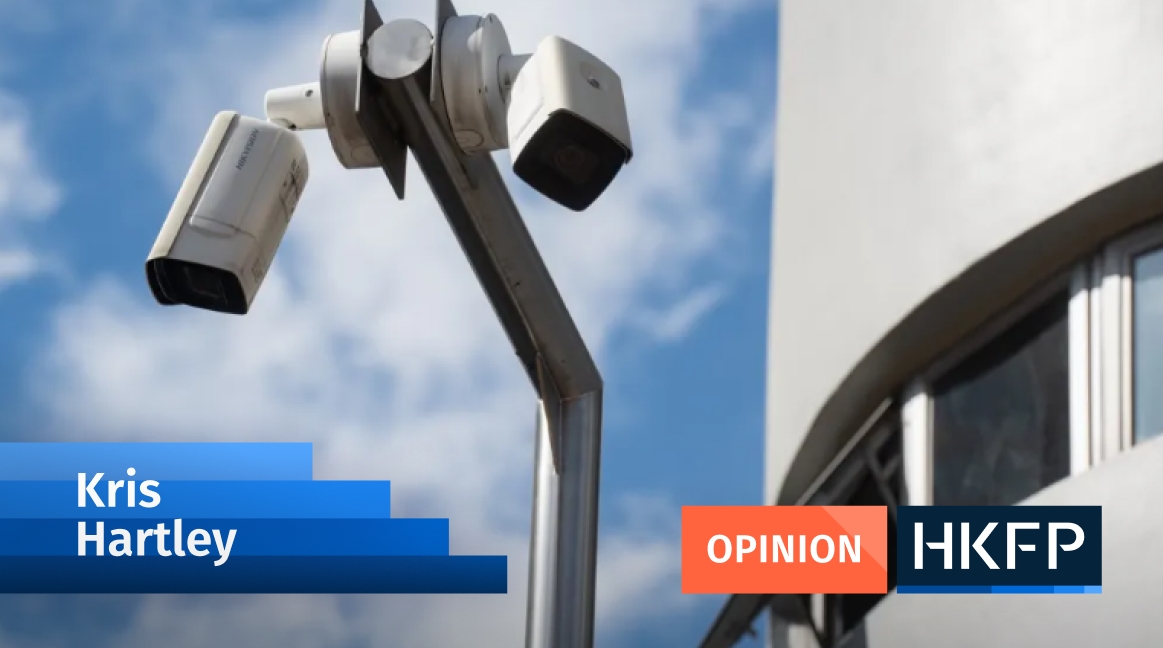By Hana Meihan Davis
June 4th marks the 32nd anniversary of the 1989 Tiananmen Massacre — a deadly government crackdown on the otherwise peaceful pro-democracy demonstrators in the Chinese capital and across the nation.
But this year, for the second time in Hong Kong’s history, the annual candlelight vigil is banned. Amid ongoing political repression, the government cites the coronavirus pandemic as reason to prohibit the public memorial service. This year, like last, I will instead light my own candle half a world away. Unsure of when, if ever, I will return home.

The suppressed vigil is symbolic of the unforgiving crackdown unfolding in Hong Kong at the hands of the Chinese government. For my generation, the twenty-somethings born around the time of the 1997 handover, the annual memorial represented the shoulders we stood on in our pursuit of democracy. It was a classroom where we could palpably feel the power of the people, and where the importance of Hong Kong’s promised democracy felt most raw, most real. Its absence marks a break in the tradition of collective remembrance, creating a rift between our generation and the next.
I grew up in the shadow of a long line of democracy activists in Hong Kong, all of whom are in exile or facing arrest. I spent my childhood as one of the improbable millions meandering through Hong Kong’s narrow urban corridors. I grew up sitting on my father’s shoulders, wearing black protest T-shirts that I could not yet decipher.

Debates over Hong Kong’s political future were the soundtrack of my childhood. Martin Chu-ming Lee, my godfather, the man who gave my mother away at her wedding, is known by many as the city’s ‘Father of Democracy’ — the founder of Hong Kong’s first democratic party. Names that have long flashed across headlines — Margaret Ngoi-yee Ng, Cheuk-yan Lee, and Albert Chun-yan Ho being just a few — were a regular presence in my childhood; they and many of their fellow democrats are either in jail, serving suspended sentences, facing arrest, or somewhere in between. My parents, both professors and outspoken democracy advocates, risk arrest under the vague national security law should they return to Hong Kong, due to Beijing’s disapproval of their critical views. They live in self-imposed exile.

The discourse of our city’s democracy is a language I’ve been fluent in my entire life, but the same streets that raised me are already losing their voice. I have attended nearly every candlelight vigil since I was born in 1998, a brightly glowing candle cupped between my ever-growing hands. Sitting year after year on the dusty soccer courts of Victoria Park with tens, sometimes hundreds, of thousands of others, I witnessed the power of collective memory, of community, and of a democracy that refuses to succumb to the authoritarianism that encroaches.
With the national security law, the probability for such an upbringing has been erased. Hongkongers my age will likely be the youngest, and the last, to have really lived in a society free of censorship, repression, and fear. Just five years ago, I was active in my secondary school’s Human Rights Group. In today’s Hong Kong, that a high school would even have such an active group is beyond the realm of possibility.
Still, for three decades, Hong Kong was the only place in China where the Tiananmen Square massacre was not only openly discussed, but publicly memorialised. Across the border, the Chinese Communist Party succeeded in orchestrating one of the greatest acts of erasure among its citizens — but Hong Kong kept the flame alive. For 30 years, Hongkongers insisted they would always remember what happened in Beijing that night; “The People Won’t Forget” was one of the most commonly sung slogans at the vigil.

Now, as arrests threaten, school curriculums change, and history is rewritten, the government is jailing those who dared to defy the ban of the vigil in 2020. I fear that Hongkongers will soon be fighting to remember the freedoms I grew up with.
In 1989, Hong Kong, then still a British colony, watched in admiration as our Chinese neighbours stood up for democracy and human rights — ideals Hongkongers dreamt of as Britain and China debated the conditions of our handover. When night fell, tanks and military personnel rolled into Tiananmen Square, killing, by some estimates, thousands of people, and any hope of a liberal trajectory for China.
Today’s Hong Kong mirrors 1989 in a decades-more drawn out way. Instead of the promise of democracy my city believed in, what came instead was violence, a bloody crackdown, and mass arrests. That is why Hong Kong people continue to struggle against seemingly insurmountable odds.
The message echoing from the streets of Beijing in 1989 is the same as ours for Hong Kong today — a dream of freedom, a hope in the power of democracy, and an unrelenting faith in each other. Though our vigil may now be illegal, we are determined not to lose the promise of a democratic Hong Kong.
Hana Meihan Davis is a journalist and the author of For the Love of Hong Kong: A Memoir From My City Under Siege.
Support HKFP | Policies & Ethics | Error/typo? | Contact Us | Newsletter | Transparency & Annual Report | Apps
| HKFP is an impartial platform & does not necessarily share the views of opinion writers or advertisers. HKFP presents a diversity of views & regularly invites figures across the political spectrum to write for us. Press freedom is guaranteed under the Basic Law, security law, Bill of Rights and Chinese constitution. Opinion pieces aim to point out errors or defects in the government, law or policies, or aim to suggest ideas or alterations via legal means without an intention of hatred, discontent or hostility against the authorities or other communities. |
Help safeguard press freedom & keep HKFP free for all readers by supporting our team

More HKFP OPINION:
HKFP has an impartial stance, transparent funding, and balanced coverage guided by an Ethics Code and Corrections Policy.
Support press freedom & help us surpass 1,000 monthly Patrons: 100% independent, governed by an ethics code & not-for-profit.










